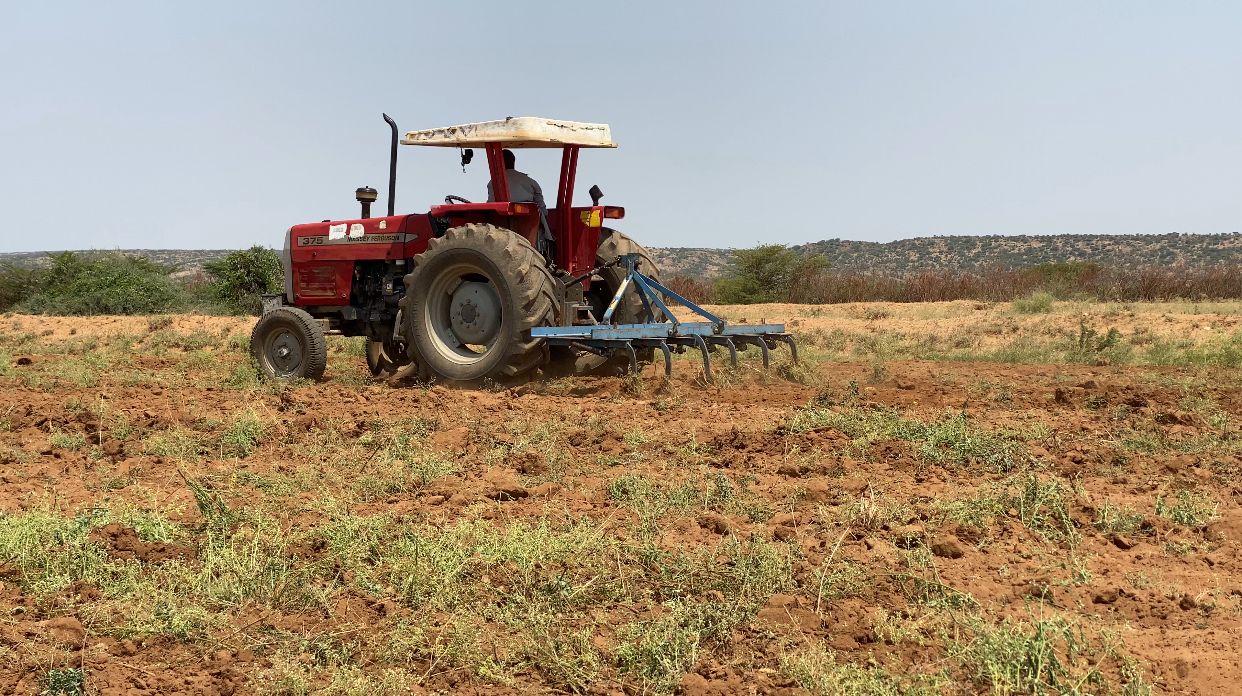How funders can address the growing famine in Sudan
2 p.m. ET / 1 p.m. CT / 6 p.m. GMT

One in three people worldwide (2.83 billion people) cannot afford a healthy diet. Hunger affects everything in a person’s life: physical health, mental health and cognitive development.
Hunger and famine are preventable. Global food production is high enough to feed everyone on the planet, but hunger continues due to unequal distribution of food and conflict. At least 85% of people experiencing hunger live in conflict-affected countries.
Goal 2 of the UN Sustainable Development Goals is Zero Hunger, which is defined as: “End hunger, achieve food security and improved nutrition and promote sustainable agriculture.” However, the targets of this goal are not being achieved, and in many cases, the situation is getting worse. More people need nutritional support and suffer from food insecurity than ever before.
Famines are the extreme outcome of persistent food deprivation. On Aug. 1, 2024, famine was declared in Sudan at Zamzam, one of the camps for internally displaced people, home to a million people. CDP’s Sudan Humanitarian Crisis Fund focuses on supporting mutual aid groups and emergency response rooms (ERRs) in the country, which are working hard to address the hunger crisis. Now that USAID funding has been halted, most ERRs have had to shut down their feeding programs, including all 40 community kitchens in Zamzam camp. The crisis is growing.
CDP hosted a webinar to discuss the systemic causes of hunger and the differences between famine and hunger. Speakers also explored why hunger and famine are preventable disasters.
CDP’s Program Officer, International Funds, Tracy O’Heir, moderated the discussion with the following panelists:
- Shaun Hughes, Emergency Coordinator for the Sudan Regional Crisis Response
World Food Programme - Federico Motka, Head of Emergencies and Humanitarian, Vitol Foundation
- Musab Swareldhab Saty, Humanitarian Response Coordinator, Adeela
This webinar was co-sponsored by Sustainable Agriculture and Food Systems Funders, PEAK Grantmaking, Alliance Magazine, United Philanthropy Forum and Giving Compass.
Please see the slide deck, read the recap on Giving Compass and watch the webinar recording to learn more:
Resources mentioned during the webinar
Famine and hunger resources
- Action Against Hunger: What is famine?
- Integrated Food Security Phase Classification: Famine Facts
- UN: IPC Famine Fact Sheet
- Global Network Against Food Crises: Hunger Hotspots 2025 Report
- CDP Issue Insight: Hunger
Other resources
- World Food Programme: Sudan
- Vitol Foundation
- Adeela
- NVOAD: National Community Briefing